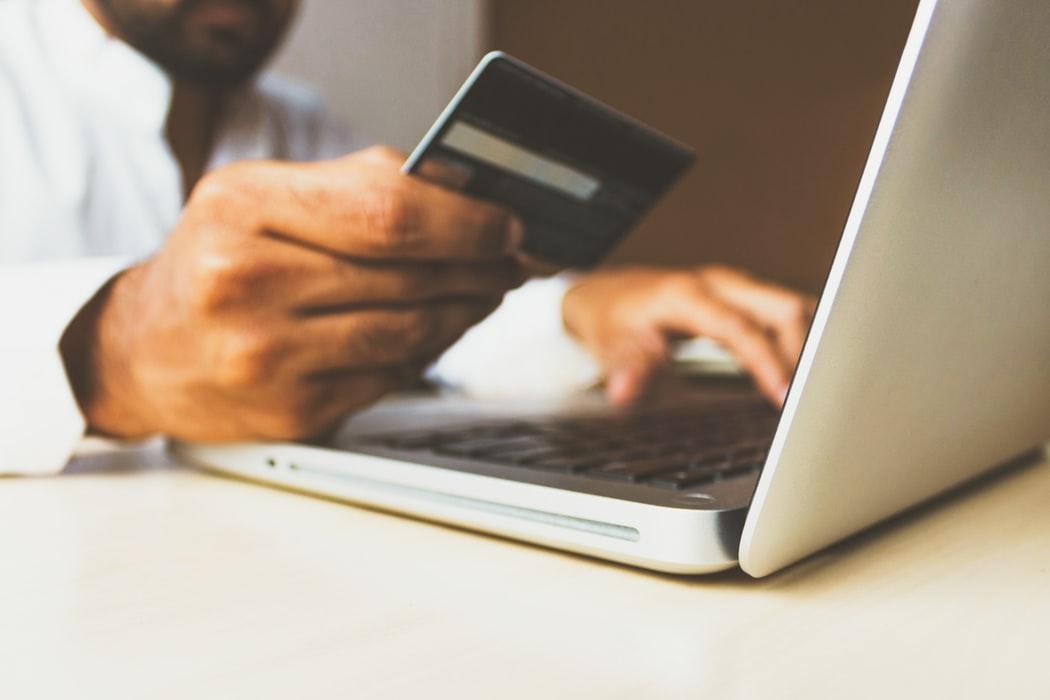When considering how they want to get paid, people usually list several things as most important. They need payroll to be on-time, secure, and to have access to their funds as soon as possible. Even though throughout history, people mostly relied on paper paychecks and cash, most payrolls today are directly deposited into employees’ accounts. There are several reasons for that, and you can continue reading to find out why you should switch to a direct deposit if you haven’t already.
What’s Wrong with Traditional Payment Methods?
While paying employees in cash is not strictly illegal, it often leads to many complications. The practice so far has shown that this type of payment is not a good business practice because it can lead to tax problems and a lot of paperwork.
Employers should withhold payroll taxes and report it to the IRS, and if some of them are not filed correctly, it can affect employees in several ways. They could be denied Social Security benefits, worker’s compensation, or unemployment benefits, and employers could face massive fines.
Paper checks have stuck around longer, and there are still a lot of people who receive their payroll this way. However, paper paychecks carry some disadvantages that are different from cash payments, but still suboptimal to direct deposit.
Employers must get special paper and ink for printing paychecks, and also fill some extra paperwork when using paper paychecks. These costs stack up, and one report showed that employers spend around $100 more annually on each employee not using electronic transfer to receive their payroll. And that’s without additional fees for lost, stolen, or damaged checks. When we get that into the equation, costs can jump even more.
When using physical checks, employees are at risk of misplacing, damaging, losing, or having their checks stolen. That could earn them extra fees for printing out a new one. Additionally, a paper check holds some private information that could be abused by somebody else. Not to mention that cashing or depositing checks is a lot of unnecessary extra work. You have to go to the bank and wait in lines just to get your money. And if it’s the weekend or holidays, you are in no luck, and you’d have to wait for the first working day. That could be very inconvenient if you need to access your earned funds quickly.
Why Choose Direct Deposit?
With direct deposit, funds are deposited into an employee’s bank account, and it is a preferred payment method by most people. According to the National Automated Clearing House Association survey, 82% of US workers get paid using electronic transfer.
People choose direct deposit because:
- It is quick and convenient.
- There is no waiting in line every time you receive payment.
- It is safer as you can’t lose, misplace, or damage direct deposit.
- It is a cheaper option.
- You can set up automatic payments of your bills on payday and simplify your finances.
What most people wonder is how long does it take for direct deposit funds to become available in your balance? That’s the main advantage of this payment method since you don’t have to wait for the bank to clear your check. Instead, you can use your funds almost instantly.
If you are sick or on holiday, you don’t have to worry about not being able to pick up your check. The money goes straight to your checking or savings account, and it becomes available to you on the morning of your payday. Oh, yeah, you have to have one of those. That is the only downside compared to traditional paper checks, but look on the bright side: Some accounts require a number or a certain amount of funds to be directly deposited each month, and if you use this method for your payroll, you can even save on maintenance fees.
That is how direct deposit changed the game when it comes to receiving payments. It saves money, time, and don’t forget all the trees that remain untouched since there is no need to print out checks.
